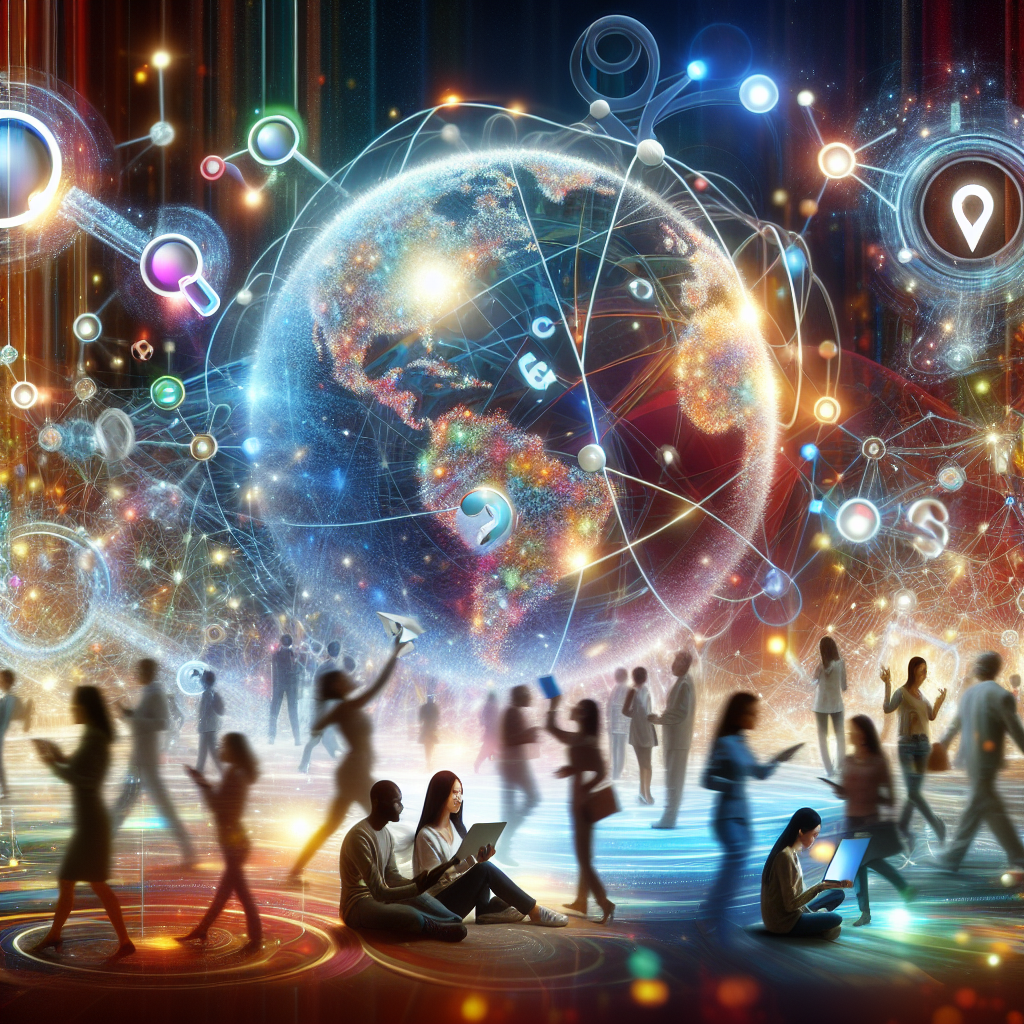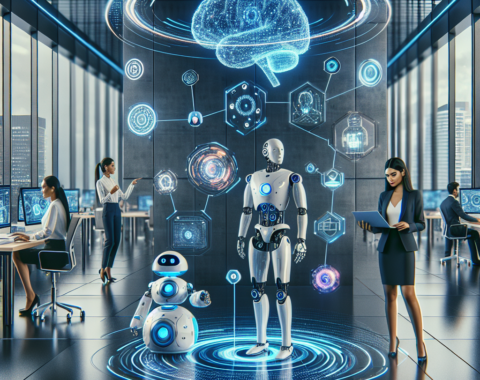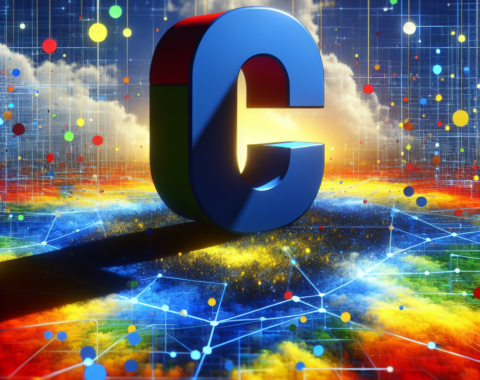
ChatGPT AI Search Engine Revolutionizes Internet Accessibility and Knowledge
The digital world has experienced significant evolution over the past few years, and ChatGPT’s AI search engine is spearheading the next big leap. By reshaping how we access information, ChatGPT promises to revolutionize internet accessibility and knowledge dissemination for millions of users worldwide. In this article, we delve into the impact and implications of this technological advancement.
The Advent of ChatGPT AI Search Engine
The internet, the greatest information repository, often becomes overwhelming and cluttered. Traditional search engines have played a vital role in making sense of this vast data. However, the introduction of ChatGPT’s AI search engine has pushed these boundaries further. Its deployment to the public marks a significant milestone, heralding a new era of personalized and user-friendly information retrieval.
What Sets It Apart?
While many see this as just another addition to the AI universe, it’s essential to understand what sets ChatGPT apart. The tool is engineered to provide:
- Personalized Responses: Unlike traditional search engines that list links, ChatGPT generates contextually relevant and precise answers.
- Natural Language Processing (NLP): Utilizing advanced NLP, the engine interacts with users in a conversational manner, making searches more intuitive and engaging.
- Real-Time Learning: It adapts and refines its responses by learning from interactions, offering better accuracy with each query.
Enhanced Internet Accessibility
One of the defining features of ChatGPT’s AI search engine is its emphasis on enhancing internet accessibility. This is achieved through several key functionalities:
Simplified User Interface
User Experience:
– The design focuses on ease of use, ensuring that people of all ages and tech-savviness can navigate efficiently.
– Minimalist, with a straightforward search box and minimal ads, focusing on content delivery rather than distractions.
Multi-Lingual Support
ChatGPT’s AI comes equipped with multi-lingual capabilities, breaking barriers for non-English speakers and enabling a truly global experience. Users can interact in their native languages, receiving accurate and contextually appropriate responses.
Assisting Individuals with Disabilities
For individuals with disabilities, accessing information online can be challenging. ChatGPT’s AI search engine addresses this by offering features that cater to diverse accessibility needs, such as:
- Voice-command Searches: Ideal for users with motor disabilities.
- Screen Reader Compatibility: Ensures information is readily available for visually impaired users.
A New Era of Knowledge Sharing
Knowledge sharing has taken a new form with the integration of ChatGPT’s AI search engine. It is not just about providing information but transforming how users engage with content.
Contextual Understanding
The engine’s ability to comprehend context means that users receive not just data but insights. This aspect is pivotal for academic research, where understanding context can significantly enhance the quality of information obtained.
Encouragement of Critical Thinking
By generating responses that encourage further questions, ChatGPT’s AI search engine promotes a culture of critical thinking and active learning. Users are inclined to delve deeper, analyze responses, and cross-check information.
Collaborative Learning
The conversational approach encourages collaborative learning, where users can explore topics in a discussion-like format, fostering an environment where ideas are challenged and refined.
The Future of ChatGPT’s AI Search Engine
The future prospects of ChatGPT’s AI search engine are as vast as the technology itself. Its rollout to everyone opens up new possibilities for integration and innovation.
Potential Developments
1. Integration with IoT Devices:
– Connecting with smart devices for an enhanced ambient intelligence experience.
– Facilitating voice-activated searches across home automation systems.
2. AI-driven Content Curation:
– Utilizing AI to curate personalized content recommendations.
– Assisting users in discovering new information efficiently.
3. Data Privacy and Security:
– Continued focus on safeguarding user data to build trust.
– Offering users control over their data and search history.
The Role of Feedback and Adaptation
As more users interact with the service, feedback becomes crucial. By incorporating user feedback, ChatGPT’s AI search engine can refine its capabilities and align with evolving user expectations and technological advancements.
Conclusion
The rollout of ChatGPT’s AI search engine to the public marks a pivotal shift in how we access and process information. By combining the power of AI and NLP, it promises to deliver a more accessible, personalized, and insightful online experience. As it continues to evolve, the potential for further innovation is boundless, paving the way for smarter, more efficient, and inclusive digital interactions.
In embracing the capabilities of ChatGPT’s AI, we are not just witnessing a technological advancement; we are participating in a transformation that will shape the future of internet accessibility and knowledge dissemination.




